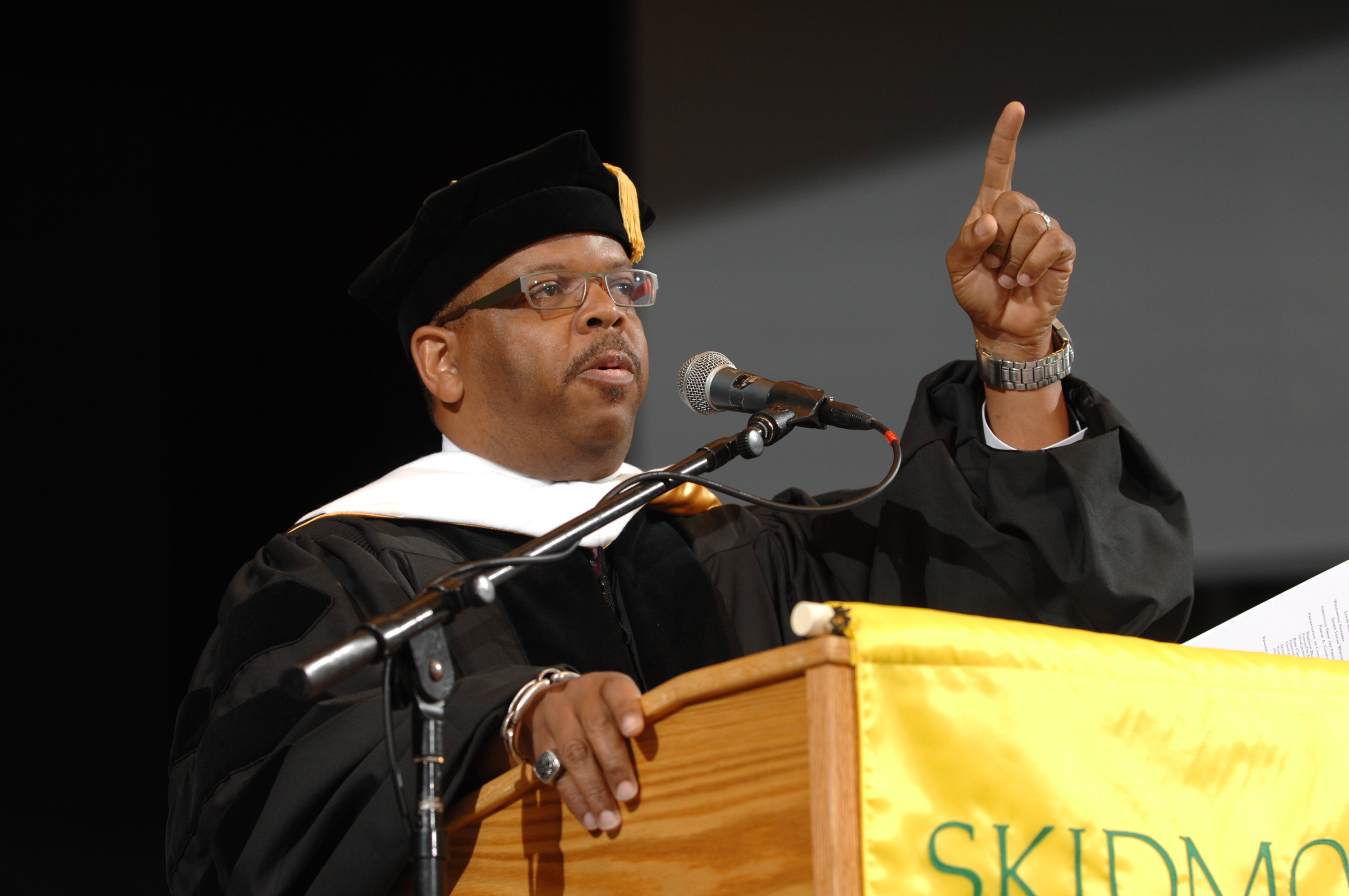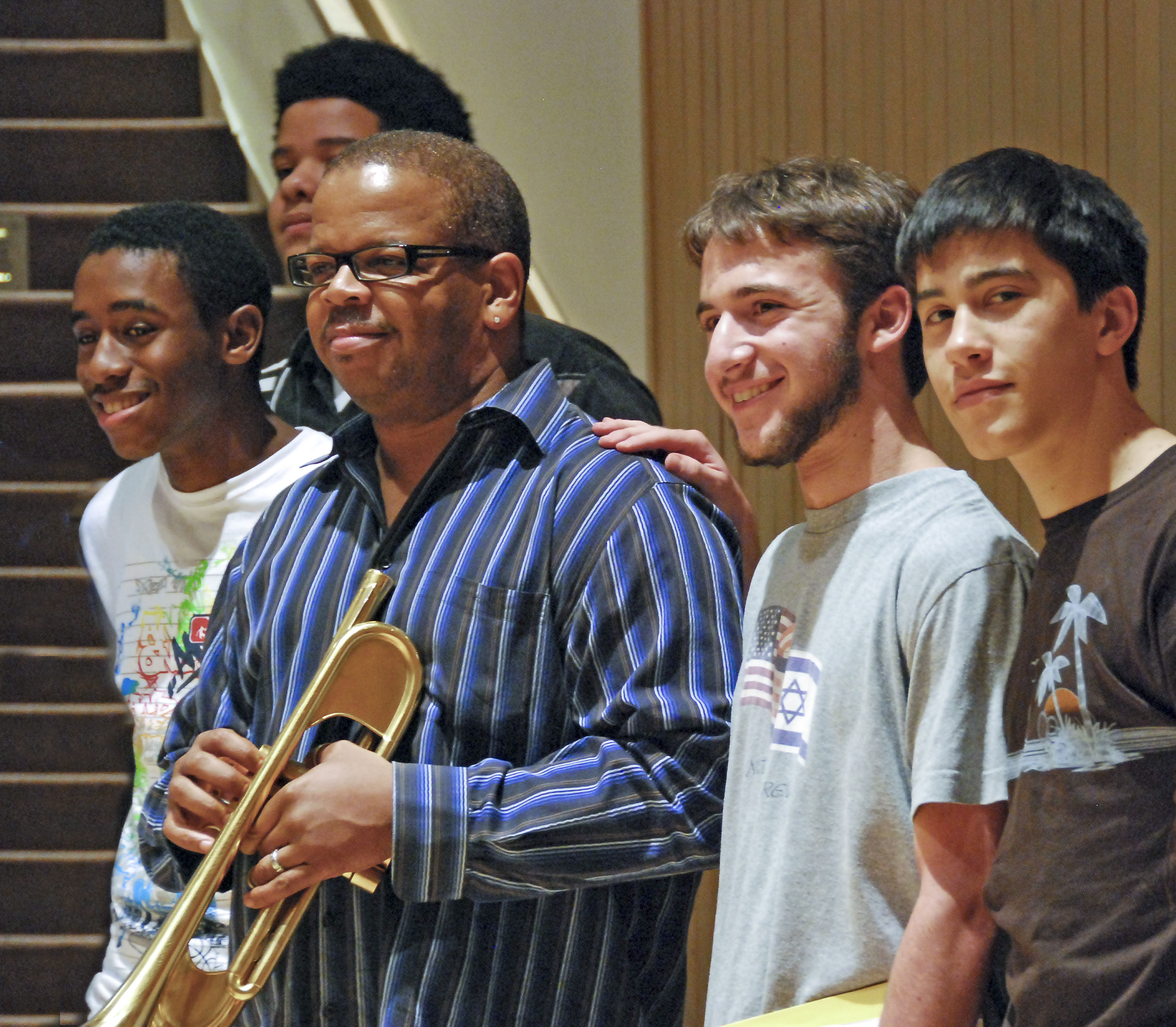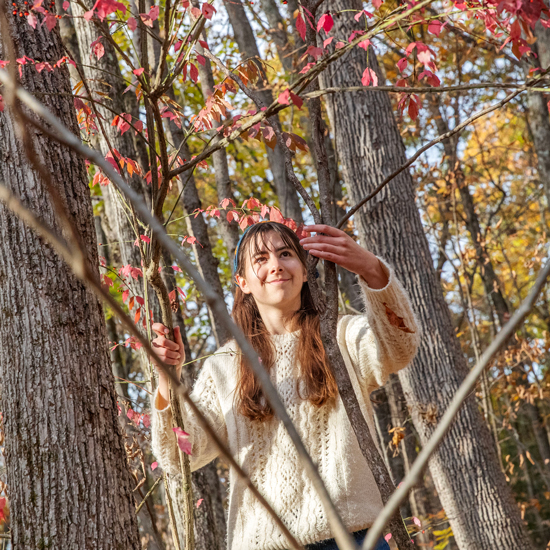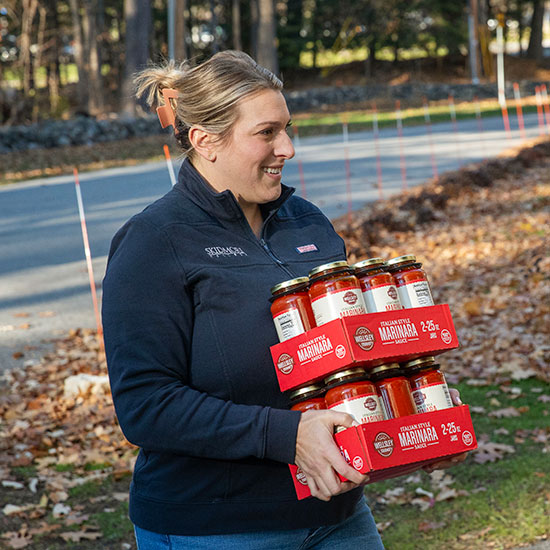Skidmore's Q&A with Oscar nominee Terence Blanchard
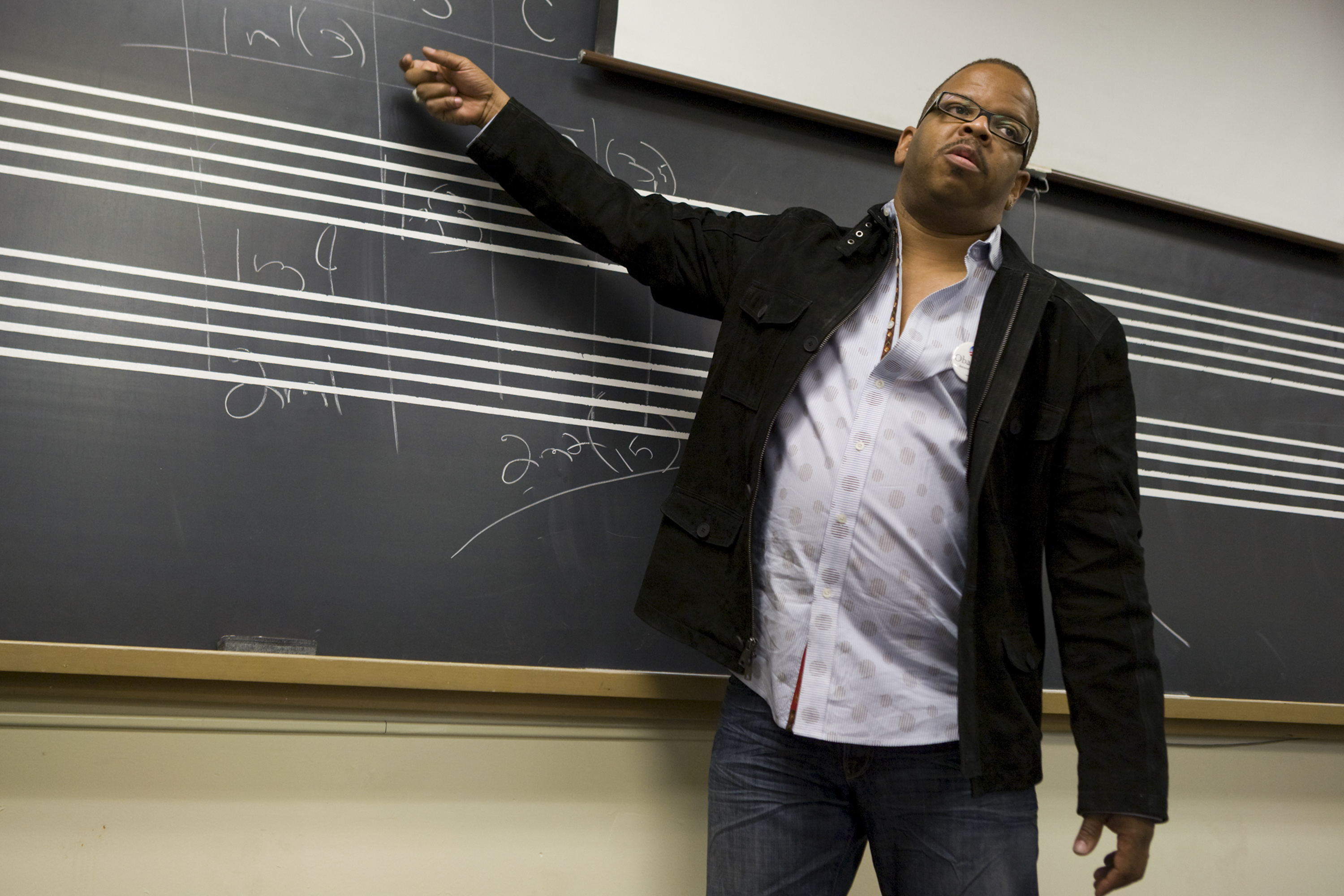
Five-time Grammy winner Terence Blanchard, who has taught at Skidmore over the years, was nominated for an Oscar — for best original score for his work on Spike Lee’s film “BlacKkKlansman."
The film was up for six Oscars and took home the award for best adapated screenplay. It tells the true story of Ron Stallworth, the first African-American detective on the Colorado Springs police department, who infiltrated the Ku Klux Klan in the 1970s. Blanchard’s score — “soaring, seething, luxuriant,” according to New York Times film critic A.O. Scott — provides the backdrop and carries the viewer through difficult scenes of bigotry and violence.
Blanchard has long made powerful statements about painful moments in American history through his music. For more than two decades, he has scored Lee’s films including “Malcolm X” and the documentary series “When the Levees Broke” about Blanchard’s hometown of New Orleans during Hurricane Katrina.
Skidmore chose Blanchard’s Grammy Award-winning jazz album "A Tale of God's Will (A Requiem for Katrina)" — which includes the music he composed for "When the Levees Broke" — as the freshman summer “reading” selection for the First-Year Experience in 2008 to 2009. Blanchard taught on campus as Skidmore’s McCormack Artist-Scholar-in-Residence during that academic year. He was also a faculty member and guest artist at the Skidmore Summer Jazz Institute in 2003, 2008 and 2012 and received an honorary degree from Skidmore in 2012.
Blanchard spoke to Skidmore recently about scoring “BlacKkKlansman,” the power of music to address current affairs and what it takes to make it as an artist.
What was your intention as you were composing the score for “BlacKkKlansman”?
Blanchard: The first intention is to service the film, help Spike to tell the story the best way he sees fit. For this film, I wanted the score to keep you in the mindset of where we were, but at the same time, it should be universal. It shouldn’t be such a period piece that when you hear the score you automatically go to the seventies. It should be something that stands on its own away from the film, and it should be timeless, but also have hints of that (time).
My other intention for the film was to deal with the overall statement of what Spike normally deals with, which is humanity. He’s the reason why I chose the electric guitar because, when I first saw the film, I thought about Jimi Hendrix playing the national anthem with that very distorted sound and how beautiful that was, and how revolutionary it was, and how it seemed to scream that we’re all Americans and deserve equal protection under the law.
When you look at the film “BlacKkKlansman,” there’s a rookie cop who decided on his own to take on the Klan. I wanted the score to reflect that, to have a strength about it because of this guy’s courageousness and his integrity, but also to have a soul. Because there are so many people who are frustrated and have suffered unnecessarily because of bigotry and hate.
The film shows footage of bigotry and hate, including some parts that are hard to watch. What was your goal for the music in those scenes?
Blanchard: It’s to be the conscience of the film and of the country, really. We all know better. All decent-minded people, God-fearing people, know better. That has nothing to do with party affiliation, nothing to do with it.
Hopefully the music that we create can change some hearts and minds, at least get people to sit down and think about what it is that’s going on and how we can make this a better place.TERENCE BLANCHARD
For those of us who aren’t music majors, why is music important?
Blanchard: Music is the thing that can help heal the soul. Music is my area of expertise, but it’s art in general. Art itself is the thing that helps connect us to each other. When you think about it, I was a young kid from New Orleans, Louisiana, a little country boy. But now I’ve played for a few presidents, I’ve been all over the world playing music and traveling and experiencing things because of the power of music.
I think a world without music is a dangerous place because there’s no outlet for people to go to rejuvenate their souls and heal themselves.
What advice would you would give to Skidmore students about pursuing their dreams — whether it’s in music or another field?
Blanchard: We all have dreams and hopes, and you have to set yourself up for success, which means that you need to work hard at your craft. Learn as much as you can about your craft. Take chances. Try to experiment. The main thing is to follow your heart and don’t lie to yourself. You know when you’re not doing the work you need to do. You know when you are doing the work you need to do.
Self-evaluation is probably the most important thing. You know the standards that you’re trying to achieve, and you have to keep those in focus and keep working hard.
Speaking of accolades, what is it like to be nominated for an Oscar?
Blanchard: It’s been an overwhelming ride. I can't even explain it really. I’ve been meeting great people. I’ve been having a beautiful experience socializing and getting to know these people and making new friends.
It’s also been a great experience being a part of this class, which is probably one of the most diverse that we’ve seen. When we got up to take the picture at the (Oscars nominees) luncheon, I stood next to Regina King. And it was an honor standing next to her.
And it was an honor watching all of these different people of color and women walk up and receive their honors just being nominated. Hopefully this is a turning of the tide, and hopefully it will just continue down this road of inclusion, because there are a lot of great people there who have done a lot of great work. I’m just very appreciative for the nomination. To be recognized by people who I’ve admired for a long time just is an overwhelming blessing.
This interview has been condensed and edited for clarity.
